Natural Hair Care Solutions: Nourish and Revitalize Your Hair at Home

Healthy, beautiful hair begins with nature. In a world filled with chemical-laden products, natural hair care offers a gentle and effective way to address common hair problems without harmful side effects. Simple home remedies, made from everyday ingredients, can resolve issues like hair fall, dandruff, and dry, damaged hair by nourishing your hair from the roots to the tips. These DIY treatments are not only cost-effective but also packed with the nutrients your hair needs to grow stronger, shinier, and healthier. Embrace nature’s power to transform your hair with safe, simple solutions.
Featured Hair Care Topics
Discover natural remedies and DIY solutions for common hair issues. Whether you’re dealing with hair fall, dandruff, or looking for ways to promote hair growth, explore our featured topics below for effective, at-home treatments.
Hair Fall or Hair Loss
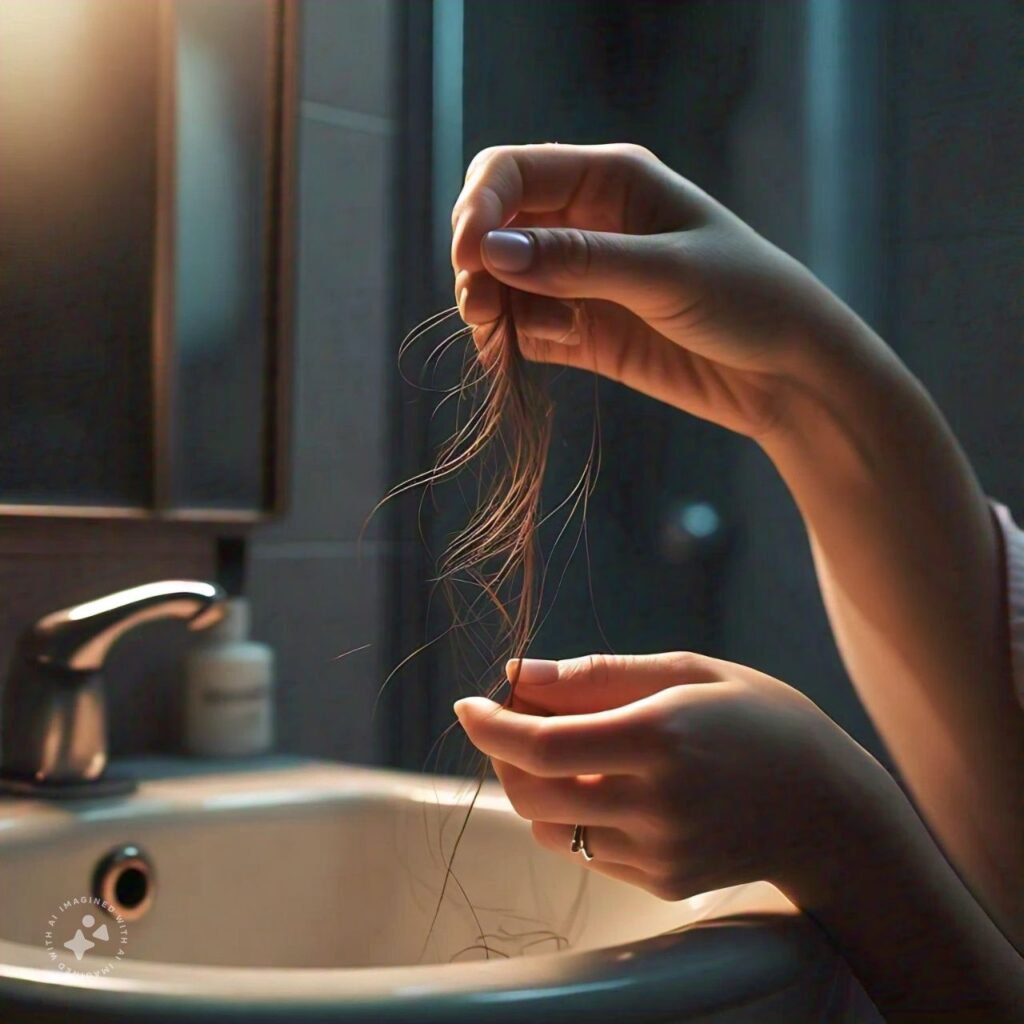
Hair fall and hair loss can be caused by various factors such as stress, nutritional deficiencies, hormonal changes, and environmental damage. Preventing hair fall naturally involves incorporating a healthy diet, proper hair care routines, and using home remedies like oil massages, herbal treatments, and DIY hair masks to strengthen your roots and reduce hair shedding.
Baldness
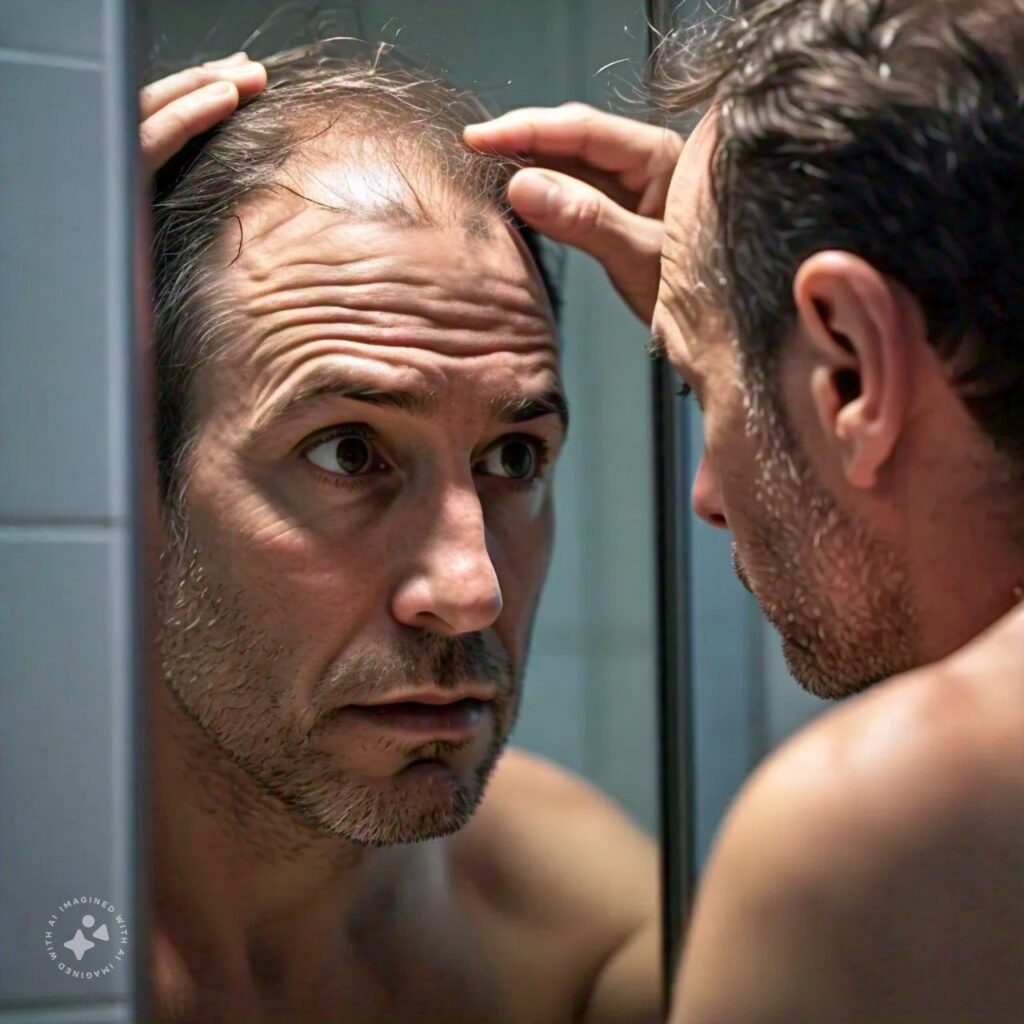
Baldness, or alopecia, is a common condition affecting both men and women, often caused by genetics, aging, or hormonal changes. Understanding the root cause of balding is crucial to finding the right treatment. Natural solutions, such as scalp massages, essential oils, and dietary changes, can help slow down or prevent further hair loss and promote healthier hair growth.
Dandruff
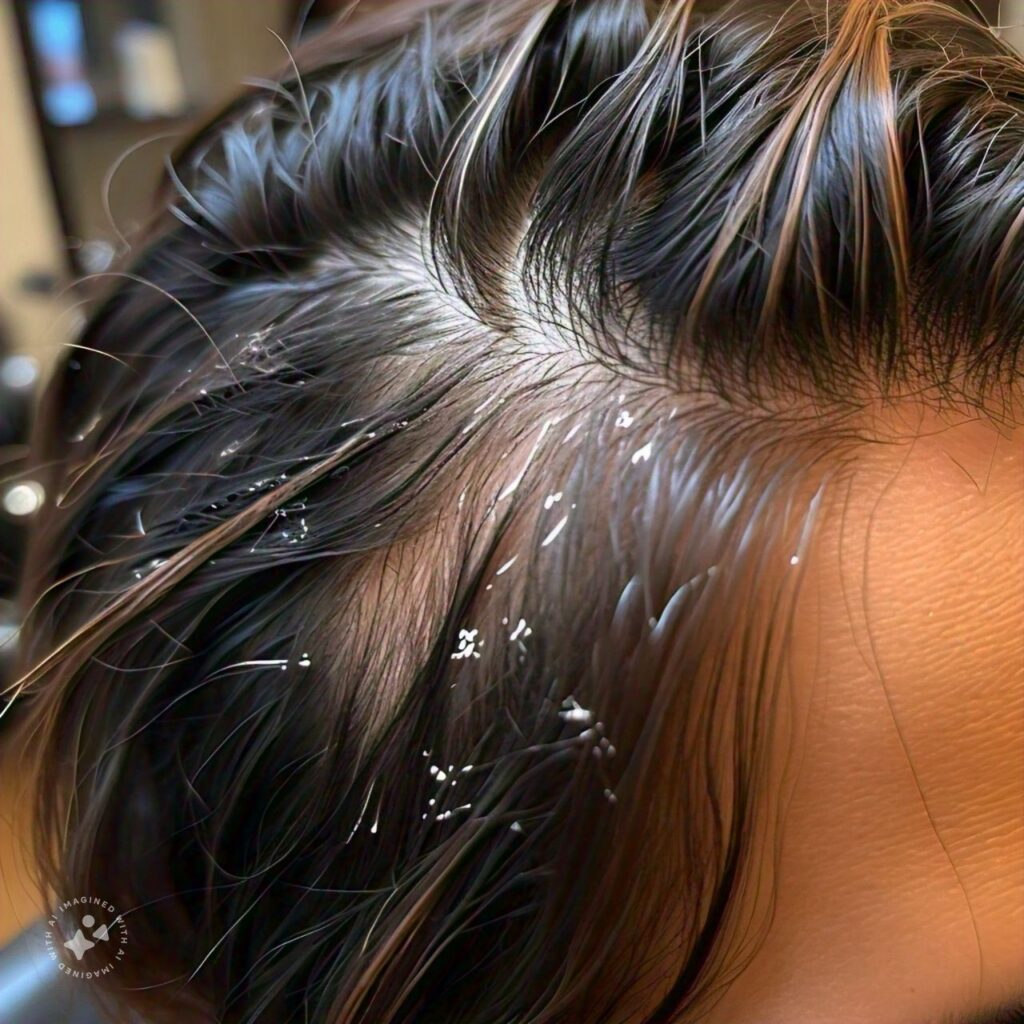
Dandruff is a common scalp condition characterized by flaking and irritation, often caused by dry skin, fungal infections, or sensitivity to hair products. Effective natural remedies, such as tea tree oil, aloe vera, and apple cider vinegar, can soothe the scalp and reduce flakiness, providing relief and promoting a healthier scalp.
Dry Damaged Hair
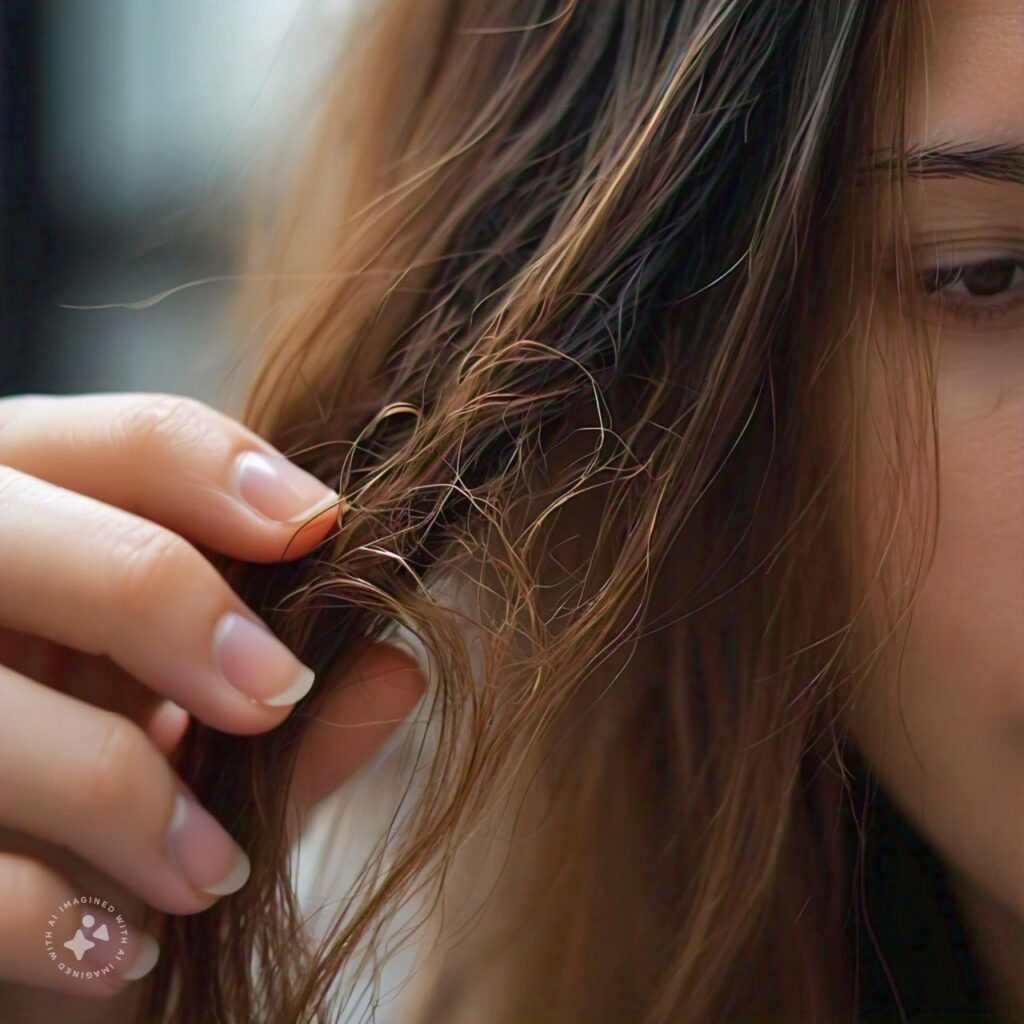
Dry, damaged hair can result from various factors, including excessive heat styling, chemical treatments, and environmental stressors. To revitalize your hair, simple and effective remedies like deep conditioning treatments, oil massages, and nourishing hair masks can restore moisture, strength, and shine, helping you achieve healthier locks.
Hair Growth

For many, achieving faster hair growth is a common goal. Natural treatments, such as essential oils, scalp massages, and a balanced diet rich in vitamins and minerals, can stimulate hair follicles and promote healthier growth. Discover tips and remedies that encourage your hair to thrive and flourish.
Premature Graying of Hair
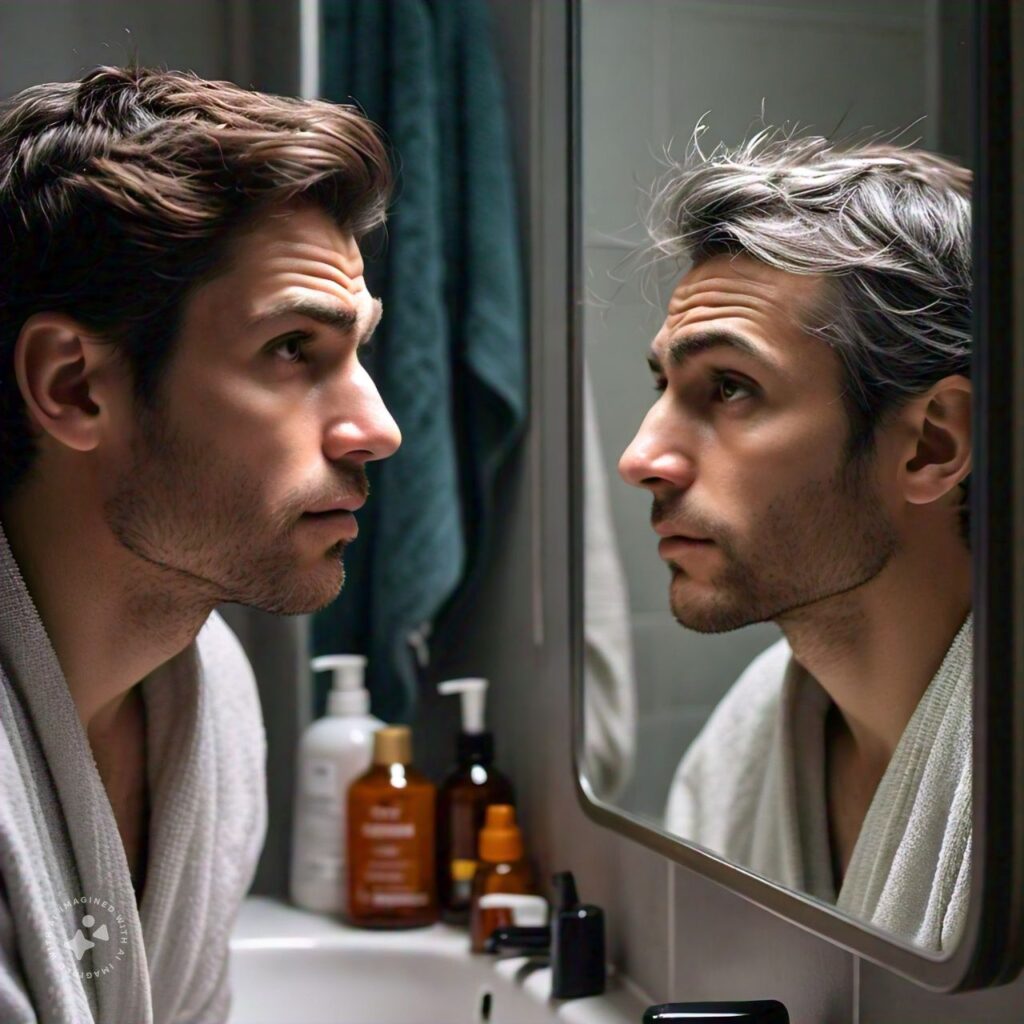
Premature graying of hair can be influenced by genetics, stress, nutritional deficiencies, and lifestyle factors. Understanding the underlying causes is essential for finding effective solutions. Natural remedies such as curry leaves, amla, and henna can help slow down the graying process and restore your hair’s youthful color.
Head Lice
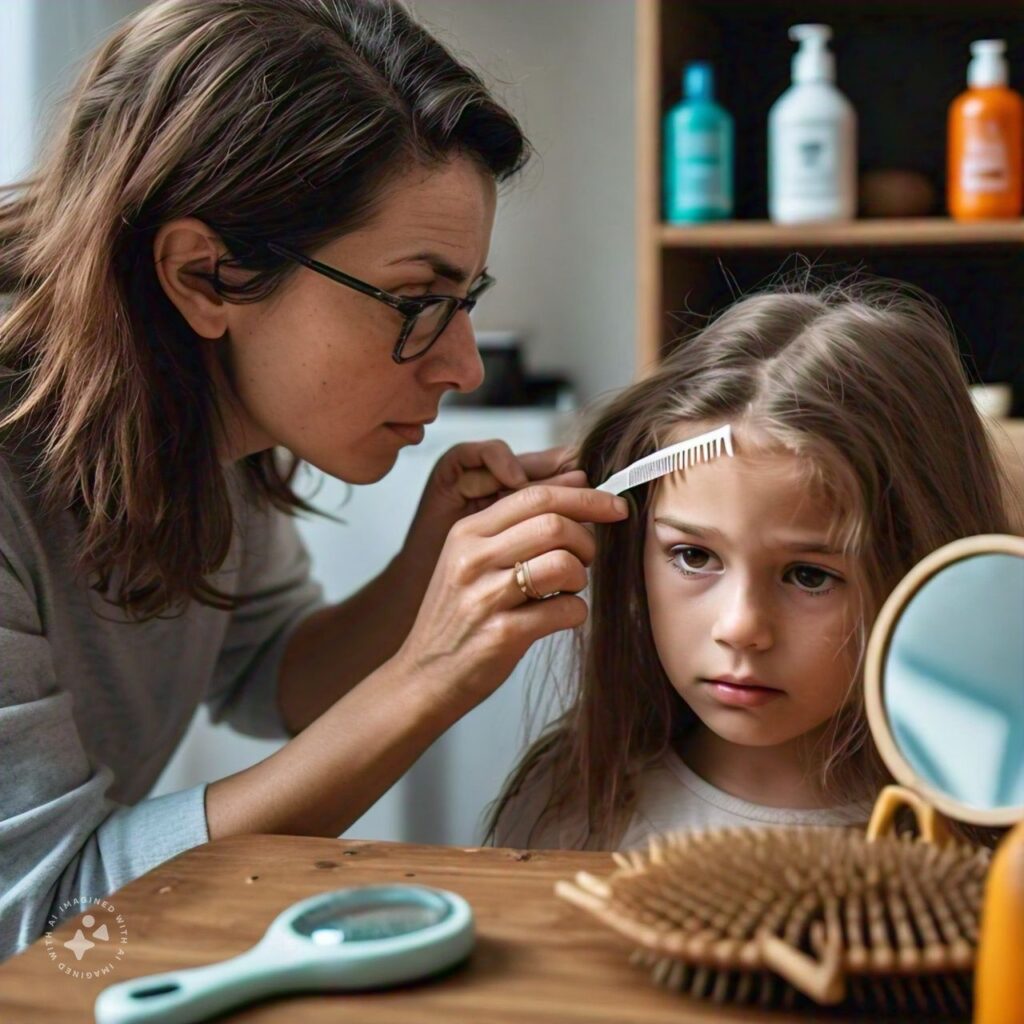
Head lice are tiny parasites that can cause itching and discomfort. While they can be a nuisance, effective home treatments are available that are gentle on the scalp and safe for the whole family. Natural remedies, such as tea tree oil, vinegar, and essential oils, can help eliminate lice and soothe irritation without harsh chemicals.
Frizz and Flyaways

Frizz and flyaways are common problems caused by humidity, lack of moisture, and damage. Understanding the underlying causes and using effective natural remedies, such as hydrating oils, leave-in conditioners, and gentle hair care routines, can help smooth and tame unruly hair, giving it a polished look.
Oily Hair
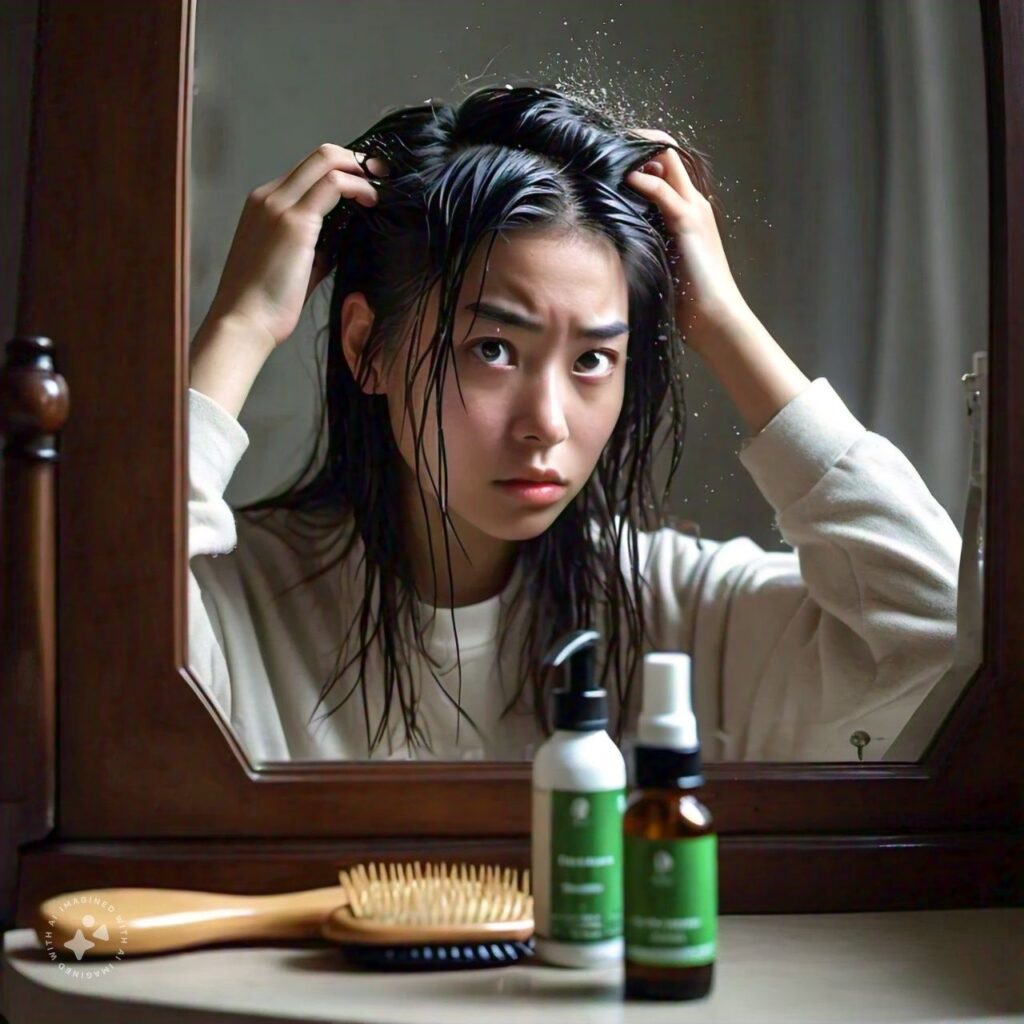
Oily hair can be a result of excess sebum production, often exacerbated by hormonal changes and environmental factors. Discovering effective natural treatments, like tea tree oil, apple cider vinegar rinses, and proper washing techniques, can help balance oil levels and maintain a fresh, healthy scalp.
Scalp Irritation
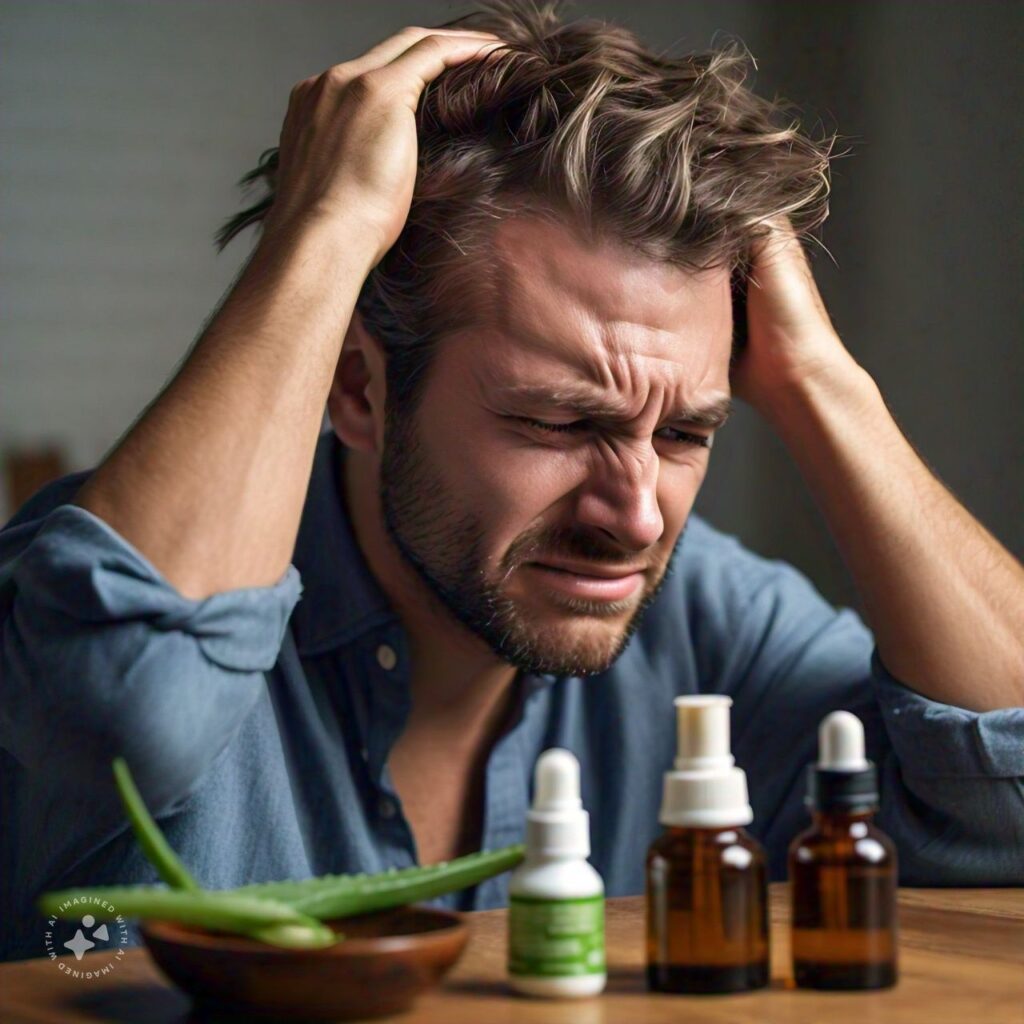
Scalp irritation can be caused by various factors, including allergies, dryness, and product buildup. Exploring natural remedies, such as aloe vera, coconut oil, and herbal rinses, can soothe discomfort and promote a healthy scalp environment.
Thinning Hair
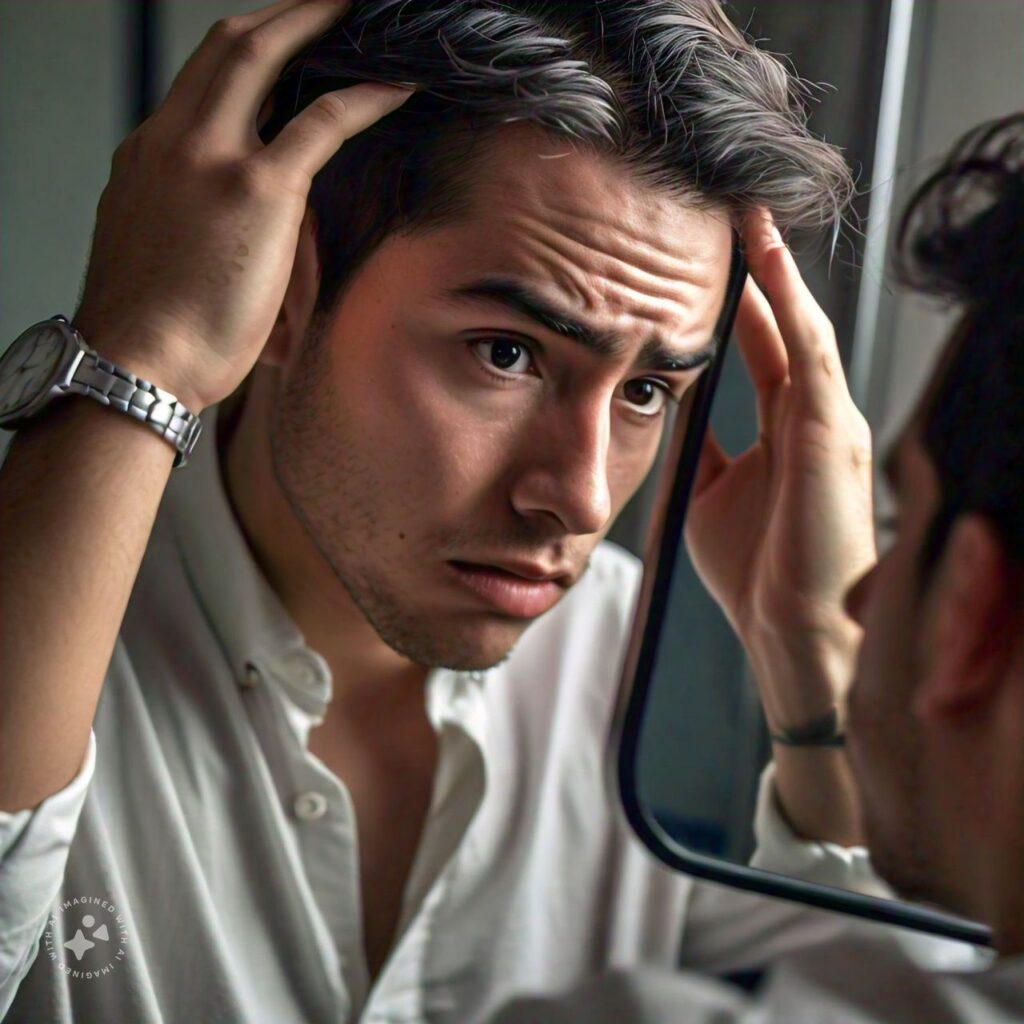
Thinning hair can result from genetics, stress, or nutritional deficiencies. Understanding the causes and implementing natural solutions, such as biotin-rich foods, scalp massages, and herbal treatments, can help promote thickness and volume for healthier-looking hair.
Sun Damage
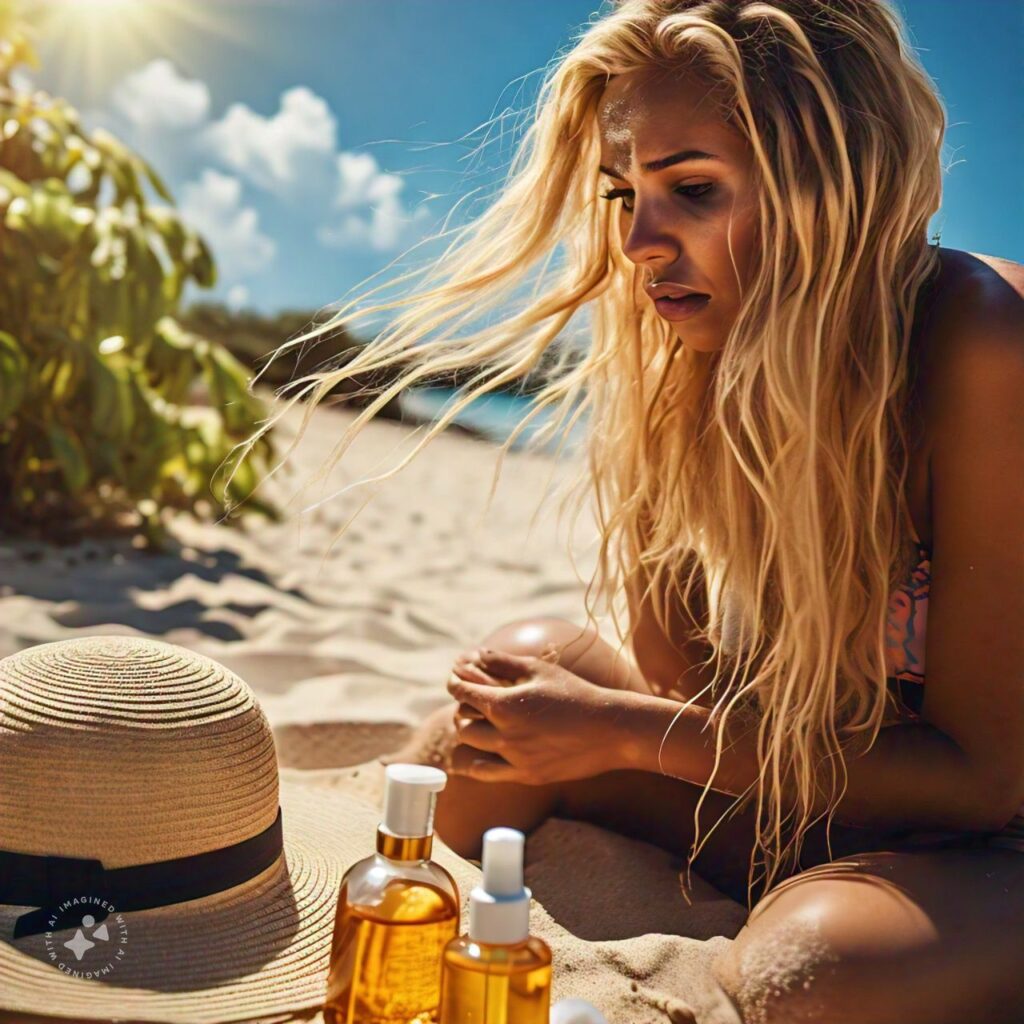
Sun exposure can lead to dry, brittle hair and color fading. Learning how to protect hair from harmful UV rays and using natural remedies, such as coconut oil, leave-in conditioners, and protective hairstyles, can help repair sun-damaged hair and restore its vitality.
DIY Hair Oil Recipes
Discover the power of natural ingredients by making your own hair oils at home. These DIY recipes harness the benefits of traditional ingredients to promote hair growth, strength, and overall health.
Homemade Onion Hair Oil Recipe
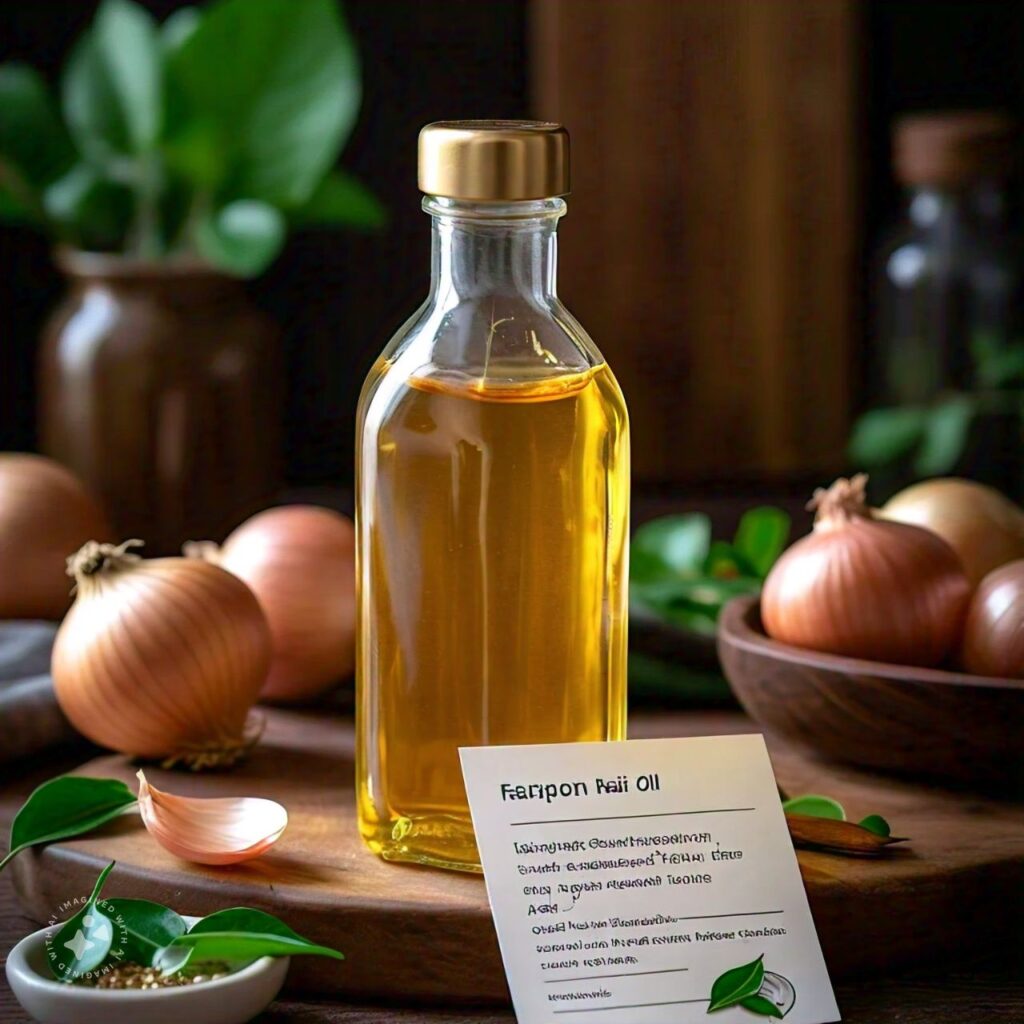
Step-by-step guide to making onion hair oil at home, known for promoting hair growth. Onion oil is rich in sulfur, which can help to strengthen hair and reduce hair fall.
How to Make Amla Hair Oil at Home?
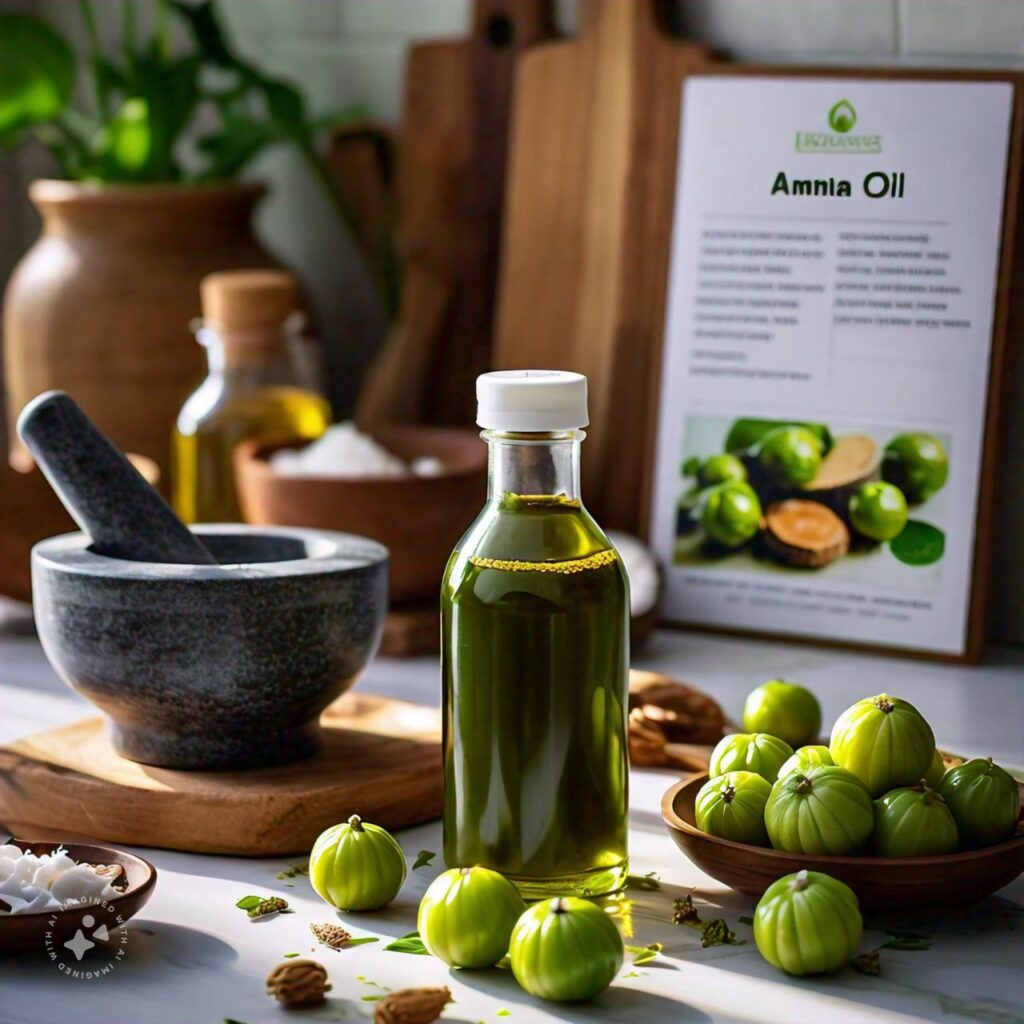
Benefits of Amla oil and a guide to making it at home for healthy, strong hair. Amla is packed with vitamin C and antioxidants that nourish the scalp and promote hair growth.
Nutrients for Healthy Hair
Proper nutrition of the bones is necessary for overall healthy growth of your hair. Especially Vitamin A, Vitamin B2 (riboflavin), Vitamin B9 (folic acid), Vitamin B5 (pantothenic acid), Sulphur are important for good health of hair. Here is a chart that will help you to understand what exactly you should include in the diet so as to make hair healthy from roots.
| Vitamin Name | Responsible for | Food Sources |
| Sulphur | Glossy Hair | Roots (radish, carrot), cabbage, cheese, dried beans, fish, eggs. |
| Vitamin A | Hair Nourishment | Fish liver oil, dairy products, egg yolk, green leafy vegetables ( spinach, lettuce, cabbage), red vegetables (turnip, beets, tomatoes), orange fruits (carrot, pumpkin, mango, papaya, apricot) and dry fruits. |
| Vitamin B2 | Healthy Hair | Green leafy vegetables, milk products, wheat germ, egg, almonds, sunflower seeds, citrus fruits and tomatoes |
| Folic Acid | Hair Loss | Deep green leafy vegetables, brewers yeast, mushrooms, nuts. |
| Pantothenic Acid | Premature Greying of Hair | Whole grain bread and cereals, green vegetables, beans, peanuts and eggs. |
| Chlorine | Hair Loss | Berries, rice, radishes, lentils and coconuts. |
| Iodine | Healthy Hair | Kelp, seaweed, fish liver oil, seafood, turnip, watercress, artichokes, citrus fruits |
| Copper | Hair Pigmentation | Almonds, dried beans, peas, lentils, whole wheat, prunes and egg yolk |
| Zinc | Healthy Hair | Milk, beans, meat, whole grains, nuts, and seeds. |
| Silicon | Hair Shaft Growth | Deficiency can cause thinning or loss of hair. Try food sources – apples, cherries, grapes, asparagus, beets, onions, almonds, honey, peanuts, green leafy vegetables. |
| Cystine | Formation of carolene which helps Hair Growth |
Hair Care Tips
- Wash Your Hair Regularly: Aim to wash your hair 2-3 times a week, depending on your hair type. Oily hair may require more frequent washing, while dry hair benefits from less frequent cleansing.
- Use a Gentle Shampoo: Choose sulfate-free shampoos that are gentle on your scalp and hair. Harsh chemicals can strip natural oils and lead to dryness.
- Condition Properly: Always follow up with a good conditioner to keep your hair moisturized. Focus on the ends, as they tend to be drier.
- Avoid Heat Damage: Minimize the use of heat styling tools like blow dryers, straighteners, and curling irons. If you must use them, apply a heat protectant spray.
- Trim Regularly: Get regular trims every 6-8 weeks to remove split ends and promote healthy hair growth.
- Stay Hydrated: Drink plenty of water to keep your hair hydrated from the inside out. Proper hydration is essential for overall health, including your hair.
- Eat a Balanced Diet: Incorporate foods rich in vitamins and minerals, such as leafy greens, nuts, eggs, and fish, to promote hair health.
- Protect Your Hair from the Sun: Wear a hat or use hair products with UV protection when exposed to the sun for extended periods to prevent sun damage.
- Be Gentle When Brushing: Use a wide-toothed comb or a brush specifically designed for detangling to minimize breakage. Always start from the ends and work your way up.
- Try Natural Oils: Use natural oils like coconut oil, olive oil, or almond oil as hair masks to nourish and moisturize your hair.
- Limit Chemical Treatments: Reduce the frequency of chemical treatments like coloring or perming, as they can weaken your hair and lead to damage.
- Get Enough Sleep: Ensure you get sufficient sleep each night, as rest is crucial for hair growth and overall health.
Common Myths About Hair Care
- Myth: Frequent Trimming Makes Your Hair Grow Faster
- Fact: While trimming regularly keeps your hair healthy by removing split ends, it doesn’t actually speed up hair growth. Hair growth starts at the scalp, not the ends, so trims only prevent breakage and make your hair look healthier.
- Myth: Washing Your Hair Every Day Is Necessary
- Fact: Over-washing can strip your hair of its natural oils, leaving it dry and brittle. Most hair types do well with washing 2-3 times a week. Adjust your washing frequency based on your hair type, scalp condition, and lifestyle.
- Myth: Stress Causes Permanent Hair Loss
- Fact: Stress can lead to temporary hair shedding, but it typically doesn’t cause permanent hair loss. Conditions like telogen effluvium, which is stress-related hair thinning, usually resolve once the stress is managed.
- Myth: Brushing Your Hair 100 Times a Day Will Make It Shinier
- Fact: Excessive brushing can actually damage your hair, causing breakage and split ends. Gentle brushing is fine, but there’s no need to overdo it. Focus on using the right brush for your hair type and brushing only when needed.
- Myth: Hair Oil Makes Your Hair Greasy
- Fact: When used correctly, natural oils like coconut, almond, and argan oil can nourish your hair without making it greasy. The key is applying them in small amounts and focusing on the ends of your hair, where moisture is needed most.
- Myth: Dandruff Is Caused by Dry Scalp
- Fact: Dandruff is usually caused by an oily scalp, where the overgrowth of a yeast-like fungus called Malassezia triggers flaking. A dry scalp can also lead to flakiness, but the conditions are different and require distinct treatments.
- Myth: Plucking One Gray Hair Will Make More Grow
- Fact: Plucking gray hairs won’t cause more to grow in their place. However, repeatedly pulling out hairs can damage the hair follicle, which might stop hair from growing back altogether.
- Myth: Conditioner Weighs Down Fine Hair
- Fact: The right conditioner is essential for all hair types, including fine hair. Opt for a lightweight, volumizing conditioner that hydrates without weighing your hair down.
- Myth: You Shouldn’t Color Your Hair When Pregnant
- Fact: While it’s true that certain chemicals in hair dyes should be avoided, many professional salons offer safe, ammonia-free alternatives for pregnant women. Always consult with your doctor and stylist before coloring.
- Myth: Cold Water Makes Your Hair Shinier
- Fact: While rinsing with cold water can temporarily flatten the hair cuticle, giving the appearance of shinier hair, it doesn’t have a long-lasting effect. Conditioning and good hair care practices play a bigger role in shine.
